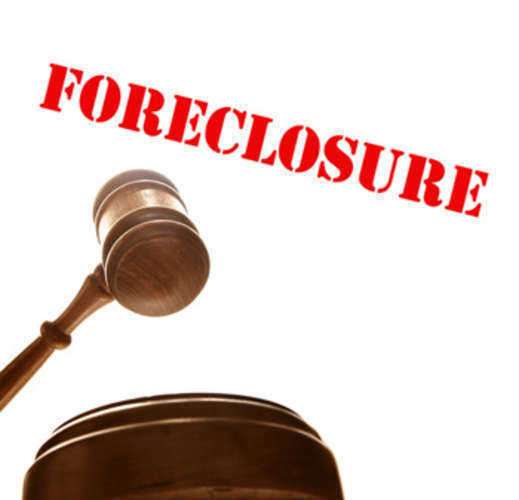Foreclosure
Figuring Out the Foreclosure Process

While the foreclosure process varies on a state by state process, most follow the same set of general steps. If foreclosure is a realistic possibility, it is important to research the applicable state's laws and practices. The differences between the states can range from redemption periods, notices that must be mailed or posted, and the notices and scheduling issued in regards to the property auction.
In most circumstances, a mortgage company will begin the foreclosure processes anywhere from 3-6 months after the first mortgage payment missed. Late fees are often charged after approximately 10-15 days, but many companies realize the potential of short-term financial hardships so it is important that you keep in contact with the lender within the month of missing a payment.
After 30 days, the borrower is considered to be in default, and the foreclosure processes starts moving. By ignoring the lender and not calling the bank, the foreclosure process will start much earlier. At any point during the process, it is important to a housing counselor or the lender about different potential solutions.
At this point, three different types of foreclosures can be initiated:
• Judicial
• Power of sale
• Strict foreclosure.
The foreclosure process of the three requires all parties to be notified and public notices to be issued regarding the proceedings. When properties are sold through the auction, the families have a limited period of time to find another residence and move before the sheriff can issue an eviction.
Judicial Foreclosure
All states allow this foreclosure process, while some require it. The lender files a suit through the judicial system. The borrower then receives a note in the mail demanding a payment. In order to avoid foreclosure, the borrower must respond with a payment within 30 days. If a payment is not received after a given time period, the property is sold to the highest bidder in an auction carried out by the local sheriff’s office or court.
Power of Sale
This foreclosure process, which is also often called a statutory foreclosure, is allowed by many but not states if the mortgage has a power of sale clause. Once a homeowner has defaulted due to the mortgage payments, the lender can then send out notices to demand payments. After the waiting period is over, the lender, instead than local sheriff's office or courts, can carry out a public auction. Any non-judicial foreclosure auctions like this tend to be more expedient.
Strict Foreclosure
A few states allow this foreclosure process. Here the lender files a lawsuit on a defaulted homeowner. If the borrower is unable to pay the mortgage within a specific timeline as stated by the court, the property goes back to the mortgage holder. This foreclosure process usually only happens when the amount of debt much more than the property value.